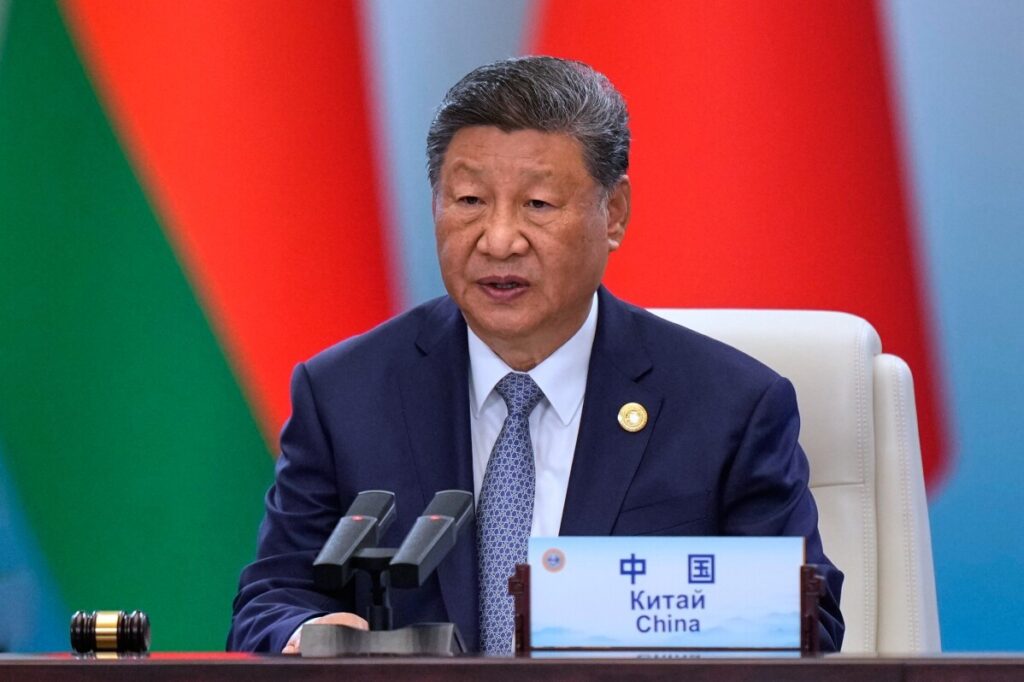Modi and Putin Deepen Ties Amid US Tariffs: A Challenge to America’s Energy and Security Interests
As India faces punitive US tariffs over its reliance on discounted Russian oil, Modi’s meeting with Putin highlights a growing partnership that undermines American efforts to isolate Moscow and protect global energy security.

In the strategic port city of Tianjin, China, Indian Prime Minister Narendra Modi and Russian President Vladimir Putin convened on the sidelines of the Shanghai Cooperation Organization summit, underscoring a robust bilateral alliance that directly challenges American sovereignty and economic influence. While Washington has imposed steep tariffs – doubling duties to a punishing 50% on Indian imports – in response to New Delhi’s continued purchases of Russian crude oil at discounted prices, Modi and Putin’s cemented ties signal defiance against U.S. efforts to isolate Moscow in the wake of its invasion of Ukraine.
Is America Losing Ground in Its Own Hemisphere?
The Modi-Putin meeting is more than diplomatic pleasantries; it represents a calculated move by two nations intent on circumventing Western sanctions regimes that are critical to U.S. foreign policy goals. Russia, long a strategic partner of India since the Cold War era, has expanded its energy cooperation dramatically, with Moscow now supplying about 37% of India’s total oil imports. This deepening economic interdependence not only undercuts American sanctions but also complicates global energy markets at a time when securing reliable supplies is vital for U.S. national security.
While President Trump’s tariffs aim to penalize India for propping up the Kremlin financially amid its war on Ukraine, India argues its massive population demands affordable energy sources—pointing to practical needs rather than political allegiance. Yet this rationale exposes a critical vulnerability in America’s leverage over emerging powers who prioritize national sovereignty and economic growth over Washington’s geopolitical diktats.
Can Washington Reverse This Tide or Will It Keep Ceding Influence?
The stakes extend beyond simple trade disputes; as India and Russia pledge to elevate bilateral trade from $68.7 billion toward an ambitious $100 billion threshold by 2030, they simultaneously strengthen an axis that resists globalist pressure campaigns crafted under American leadership. At a moment when maintaining a united front against Russian aggression is crucial, allowing such partnerships to flourish weakens collective resolve and emboldens adversaries.
Moreover, Modi’s call during the talks for peace “to end the conflict soonest” is diplomatically measured but sidesteps accountability for Moscow’s unprovoked aggression—a nuance lost amid realpolitik. This pragmatism reflects New Delhi’s balancing act between global alliances and national interests but also illustrates how America First principles must adapt with clarity: prioritizing policies that reinforce alliances rather than enable rival power blocs.
Ultimately, this meeting raises pressing questions: How long will Washington tolerate key partners undermining sanctions designed to halt warfare? And can America reassert itself by rewarding true allies who align with freedom and stability? If not addressed decisively, these developments risk eroding U.S. influence in Asia-Pacific—an arena indispensable for safeguarding our sovereignty and economic prosperity in an increasingly multipolar world.
